And how can man die better than facing fearful odds, for the ashes of his fathers, and the temples of his Gods?
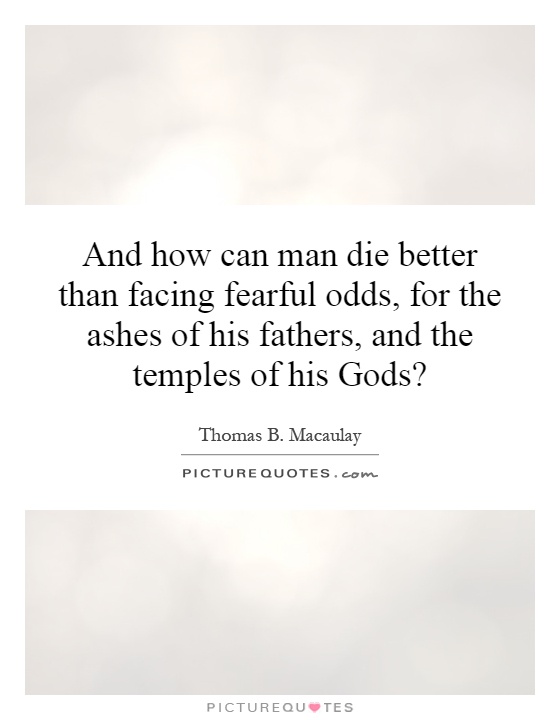
And how can man die better than facing fearful odds, for the ashes of his fathers, and the temples of his Gods?
Thomas B. Macaulay, a renowned British historian and politician, penned the famous quote, “And how can man die better than facing fearful odds, for the ashes of his fathers, and the temples of his Gods?” This powerful statement encapsulates the idea of sacrificing oneself for a greater cause, whether it be for one’s ancestors or religious beliefs.In the context of Macaulay’s own life and work, this quote reflects his deep sense of patriotism and duty towards his country. Macaulay was a staunch advocate for British imperialism and believed in the superiority of British culture and values. He saw the British Empire as a force for good in the world, spreading civilization and progress to less developed nations. For Macaulay, dying for the “temples of his Gods” could mean defending the British Empire and its values against external threats.
Furthermore, Macaulay’s quote can also be interpreted in a broader sense, beyond just nationalistic sentiments. It speaks to the universal human desire to leave a lasting legacy and make a meaningful impact on the world. By sacrificing oneself for a noble cause, one can ensure that their memory lives on through the ages, inspiring future generations to continue the fight for justice and righteousness.

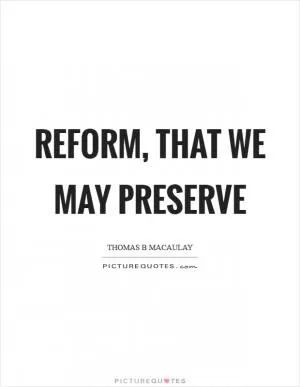
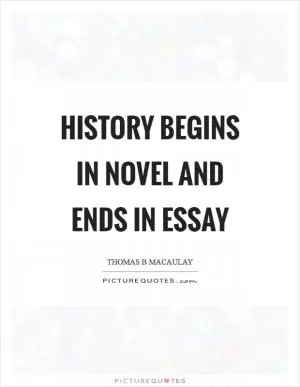
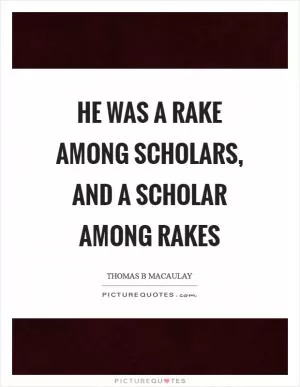

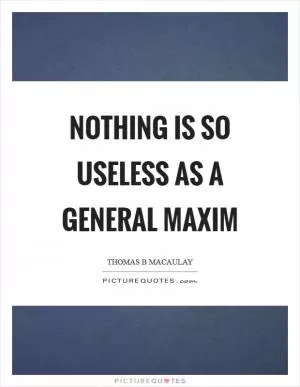
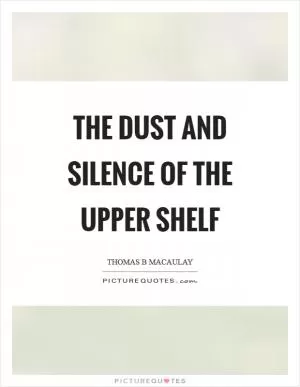
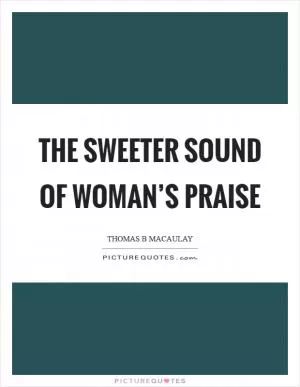


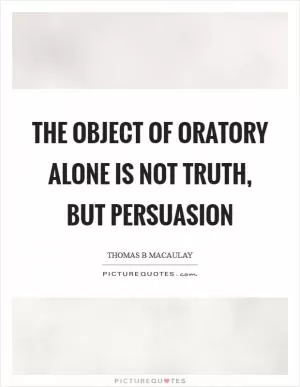
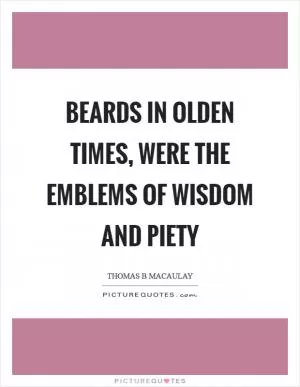
 Friendship Quotes
Friendship Quotes Love Quotes
Love Quotes Life Quotes
Life Quotes Funny Quotes
Funny Quotes Motivational Quotes
Motivational Quotes Inspirational Quotes
Inspirational Quotes